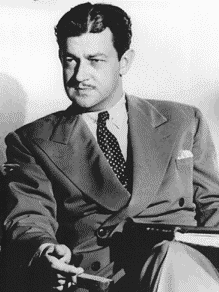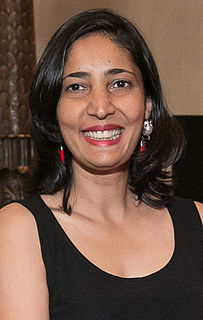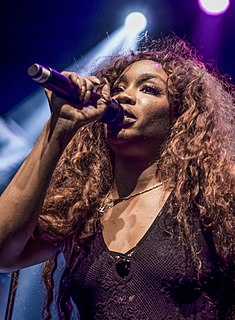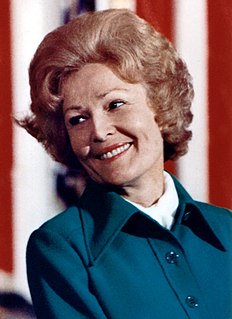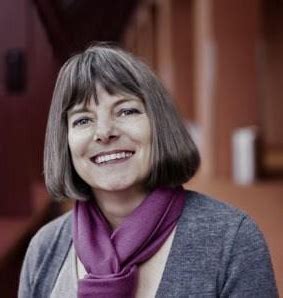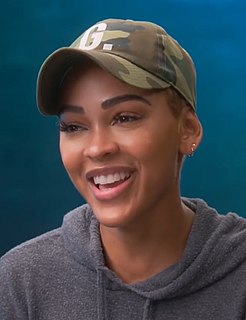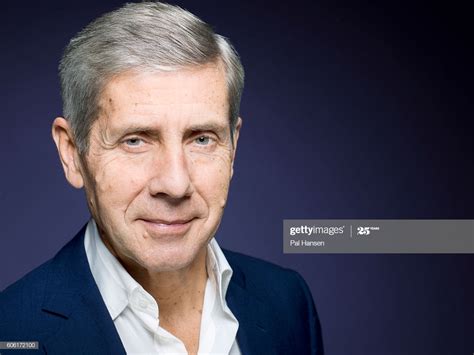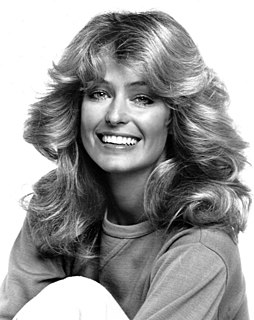A Quote by Suzanne Collins
Since my father died and I stopped trusting my mother, no one else's arms have made me feel this safe.
Related Quotes
In stark contrast to two nights ago, when I felt Peeta was a million miles away, I'm struck by his immediacy now. As we settle in, he pulls my head down to use his arm as a pillow; the other rests protectively over me even when he goes to sleep. No one has held me like this in such a long time. Since my father died and I stopped trusting my mother, no one else's arms have made me feel this safe.
Her [Eleanor Roosevelt] father was the love of her life. Her father always made her feel wanted, made her feel loved, where her mother made her feel, you know, unloved, judged harshly, never up to par. And she was her father's favorite, and her mother's unfavorite. So her father was the man that she went to for comfort in her imaginings.
When he died, I went about like a ragged crow telling strangers, "My father died, my father died." My indiscretion embarrassed me, but I could not help it. Without my father on his Delhi rooftop, why was I here? Without him there, why should I go back? Without that ache between us, what was I made of?
As for my family, my father was Danel; he died as a mercenary in the southern wars," Han went on. "My mother's name was Sarah, called Sali, and my sister was Mari. They died last summer. But then, you already knew that. Every time you forget, I'll remind you. That's the blood sacrifice I made to be here, and that's enough.
My mother was okay with me not playing it safe. She made an agreement with my father that I was going to be raised differently than my brother and sister were. My parents went through the whole sixties rebellion with my brother and sister. But I didn't feel like I had to rebel because I didn't have anyone telling me I couldn't do something. I never went into that parents-as-enemies stage.
People "died" all the time. . . . Parts of them died when they made the wrong kinds of decisions-decisions against life. Sometimes they died bit by bit until finally they were just living corpses walking around. If you were perceptive you could see it in their eyes; the fire had gone out. . . you always knew when you made a decision against life. The door clicked and you were safe inside-safe and dead.
When my mother died, my father was in a crisis, my sister was in a crisis, everyone was in a crisis. I went round the night my mother was lying in the kitchen, and I organised everything, from the undertaker to the funeral... I looked after everybody, I sorted it all out and I've done so ever since.
My father died at 42, of a heart attack. My mother was 32 then. She never wanted to be a victim. And that really resonated as a nine-year-old child. And one of the most revealing things was, very soon after my father died - he was in real estate and he owned some modest buildings - they came to my mother, the men that worked for him, and they said, "You don't have to worry. We will run the business and we will take care of you." And my mother said, "No, you won't. You will teach me how to run the business and I will take care of it and my children."


